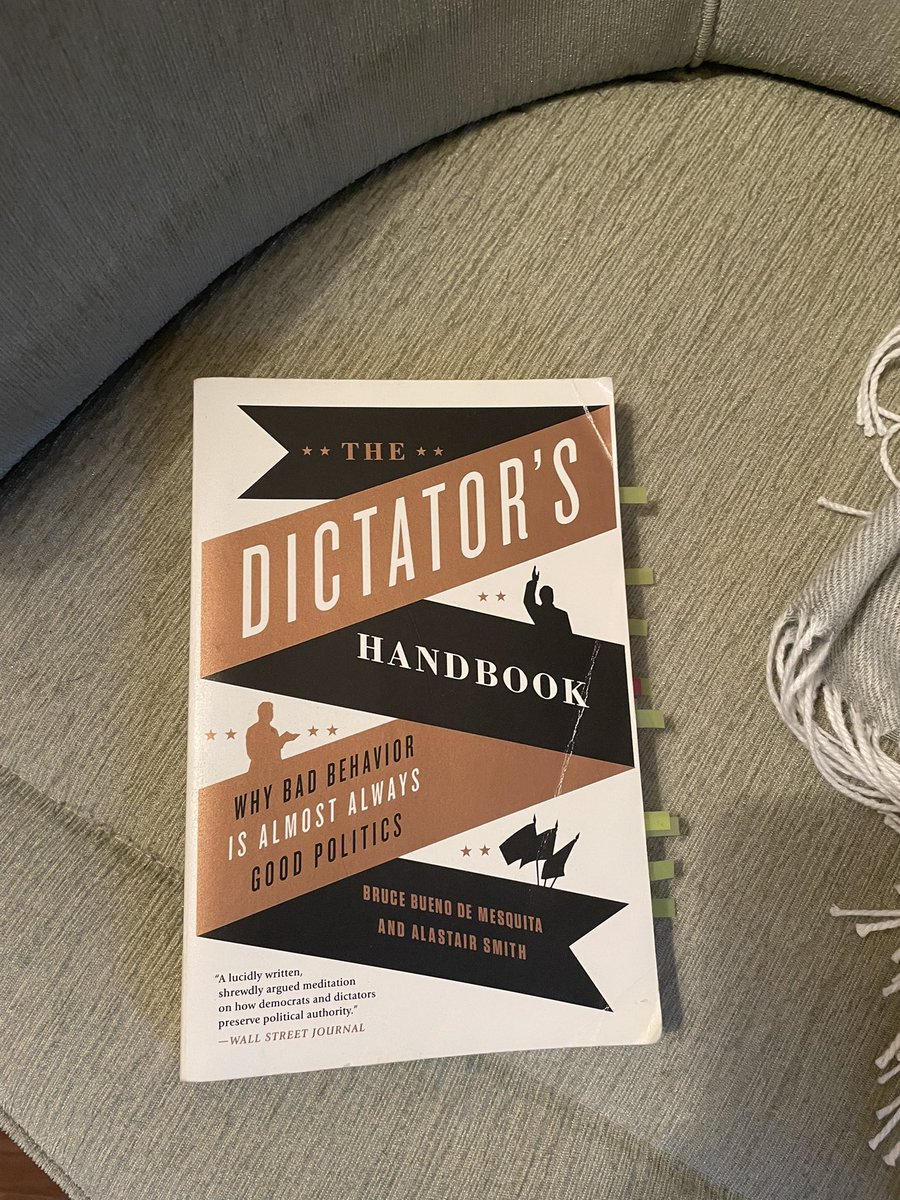
"Good Economics for Hard Times" by Abhijit Banerjee and Esther Duflo is a comprehensive guide to modern economic theory. The book discusses various topics, including democracy, migration, comparative advantages, and the impact of community on individuals. #bookreview #BookTwitter 

The book starts with a quote from a mathematician/physicist who challenges Paul Samuelson to "name me one proposition in all of the social sciences which is both true and non-trivial."
Based on my knowledge thus far, I do not think there is a valid answer to this question.
Based on my knowledge thus far, I do not think there is a valid answer to this question.
The book discusses how democracy has the ability to handle dissent and different opinions. The author mentions the increasing ideological polarization and the shrinking social space for having dissenting views, even in democratic countries.
Chapter 1 highlights the relationship between wages and migration, emphasizing the importance of spending money in the host community for the benefits of immigration to be ...
realized in the host communities. I interpreted this as encouraging policymakers to implement policies that facilitate the complete integration of migrants into a system. Partial integration not only costs more, but the recipient community also doesn't benefit from immigration.
The book changed my perception of poor people. A statement that particularly stood out to me was that "Unless there's a disaster pushing them out, most poor people prefer to stay home."
The first chapter concludes that it takes a strong ability to dream or overconfidence to overcome the tendency to persist with the status quo... and money is usually not enough incentive to make people break that status quo.
Chapter 3 discusses the concept of comparative advantage and how it affects the global economy. The authors argue that freeing trade helps the poor in poor countries and reduces inequality, but it also has the potential to harm workers in rich countries if not properly managed.
They argue against protectionist trade wars as the victims of trade wars are usually in a different and more susceptible industry, such as agriculture.
They recommend compensating the victims of a dying industry due to trade~ either by retraining them for another industry or relocating. However, relocation is a touchy and difficult subject.
A key message of the book is that quantitative measures such as GDP are just a measure. The key, ultimately, is to not lose sight of the fact that GDP is a means and not an end. A useful means, no doubt, especially when it creates jobs or raises wages, or plumps...
the government budget so it can redistribute more. But the ultimate goal remains to raise the quality of life of the average person, especially the worst-off person, and the quality of life means more than just consumption.
Policies focused on simply increasing GDP are misdirected. Quantitative measures such as GDP, unfortunately, do not measure the fullness of a human's life. There's more to life than simply consuming more.
The government should use quantitative measures as only a part and not the entirety of quality of life. This leads to the discussion of how welfare should be handled for the poor.
Welfare policies solely focused simply on increasing consumption for the poor usually strips them of human dignity. Welfare interventions should be implemented in ways that preserve the dignity of the beneficiaries.
We cannot simply always assume that poor people are making the wrong choices. Welfare policies that attempt to force people to jump through certain hoops to get welfare are quite undignifying.
It is easy to forget, especially in a crisis, we need to protect as far as possible the dignity of those being helped. Extreme poverty is not the result of the inferiority or inadequacy of a group of people but of systematic exclusion.
Exclusion and misunderstanding build on each other. The extreme poor are robbed of their dignity and their agency. They are made to understand that they should be grateful for the help, even when they don't particularly want it.
Robbed of their dignity, they easily become suspicious, and this suspicion is taken for ingratitude and obstinacy, further deepening the trap in which they are stuck.
"There are no iron laws of economics, keeping us from building a more humane world, but there are many people whose blind faith, self-interest, or simple lack of understanding of economics makes them claim this is the case"
As someone who has always aligned with the Hayek school of thought, which lets the market decide. Upon reading this book, I started to question how empathetic the market is and how much we should let the market care for the weakest members of our societies.
Reading this book may have just made me a Keynesian. 🙂~ albeit with a caveat.
From a Keynesian perspective, it is the nature of the government’s job to interpose itself in the front of the market.
The fight against inefficiency and corruption in government will be an uphill and continuous battle, even with the best intentions.
The fight against inefficiency and corruption in government will be an uphill and continuous battle, even with the best intentions.
However, we currently have no alternative. To demonstrate the inefficiency in government, we need to show there is an alternative way of organizing the same activity that works better. At this point, I am warier of the market than I am of the government.
In summary, "Good Economics for Hard Times" is a thought-provoking guide to modern economic theory, offering insights into various aspects of the global economy, including democracy, migration, trade, and community dynamics.
Thanks to my brother @AremuOlayinka for sharing. 👏🏾
@threadreaderapp unroll
• • •
Missing some Tweet in this thread? You can try to
force a refresh









